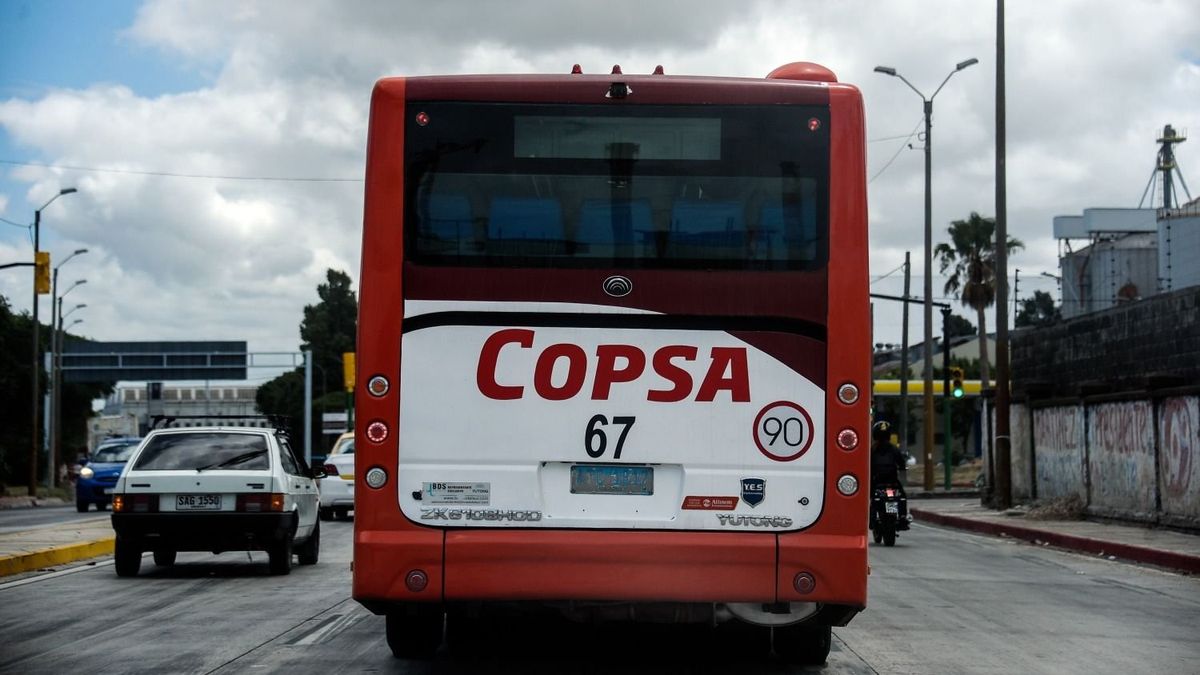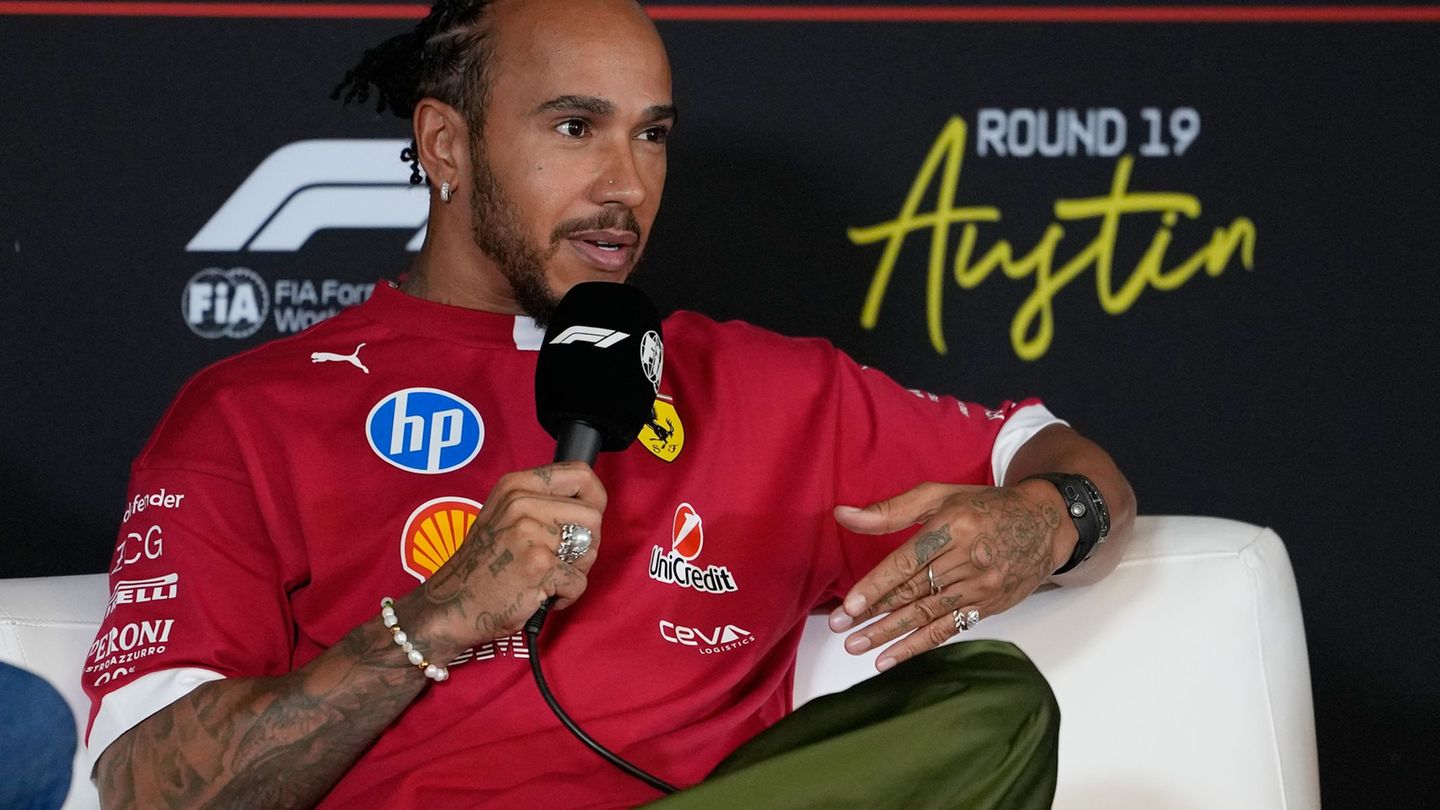The transport company Copsa is going through a compromised economic and union situation, marked by a week of strikes and meetings with government authorities that finally ended with an agreement with the Ministry of Transportation and Public Works (MTOP).
From the National Union of Workers and Transport Workers (Unott) They lifted the strike that they had maintained since Wednesday due to the non-payment of their March salaries by the metropolitan transportation company of Uruguay thanks to an agreement between Copsa and the MTOP.
The transport strike carried out by the workers of Copsa rose early Friday morning after the company and the MTOP will reach an agreement that will allow the payment of the remaining 30% of the March salaries owed. However, they are waiting for a bridge loan from the Republic Bank (BROU)that makes it possible to comply with other obligations that also owe from, at least, 2021.
What is the loan about?
The national director of Transportation of the MTOP, Pablo LabanderaHe assured El Espectador radio that the BROU loan is a financial operation that seeks to “spend quick money into the suburban transportation system.” Meanwhile, he announced that the loan “will be guaranteed by the current fleet renewal trust, which in turn is guaranteed by the diesel trust.”
The leader explained to Montevideo Portal that the diesel trust is made up of $5 that is separated from each liter of that fuel sold in the market. “The law that created the fleet renewal trust allows it to be placed as collateral, whenever necessary, to cover the financial debt of companies. That is why this one is going to be used,” explained the leader.
As explained by the National Corporation for Development (CND), The Ticket trust was created “to channel the resources generated under the provisions of Decree No. 347/006 for the reduction of the cost of diesel for collective passenger transportation companies.”
political fears
Both workers and businessmen, the conflict and crisis in the suburban transportation sector is neither new nor recent. For this same reason, the government views the moment chosen to put the issue on the table with suspicion. As he knew Ambit, in the Executive they fear that there is something more than a exclusively financial problem behind the claim.
“The problems have been going on for a long time and solutions were being analyzed… but they generated this problem, oh coincidence, just a few months before the elections”, stated a government official. “It would seem that they want to pressure us from the political side, generating a conflict with the workers and harming users, but we are not going to give in: the problem belongs to the company,” he added in this regard.
Suburban transport companies demand the existence of a disadvantage with other companies that obtain subsidies crossed by its urban services, which generates a unfair competition, especially in a context of constant decline in ticket sales, the main source of income for CITA, UCOT, Coetc, Cutcsa, Copsa, Comesa, Tala Pando, EOSA and Casanova, that make up Cestrame
For the government, there is an intention to achieve solutions through political pressure at a sensitive time such as the months prior to a national election; and they fear that, although the conflict was temporarily resolved, it could arise again between now and October.
Source: Ambito




